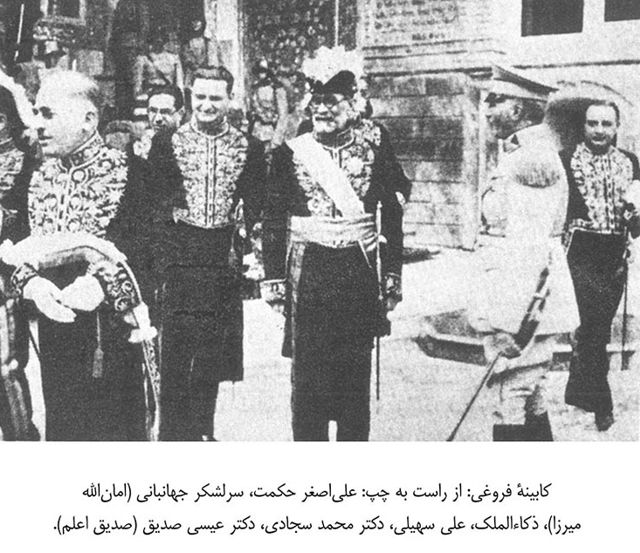 Since the development of the office of prime minister, holders of the position have typically concentrated on the most high-profile or strategic aspects of government, particularly top-level foreign relations, major defense decisions, macroeconomic policy, and the government’s legislative timetable and priorities. As a result, relations between the prime minister and the foreign and finance ministers (and defense ministers during conflicts) are normally key indicators of the success of a government. In the modern period the role of prime minister has been enhanced by the emergence of international summits and heads of government meetings (e.g., the regular meetings of the heads of government of members of the European Union) as key events in international diplomacy.
Since the development of the office of prime minister, holders of the position have typically concentrated on the most high-profile or strategic aspects of government, particularly top-level foreign relations, major defense decisions, macroeconomic policy, and the government’s legislative timetable and priorities. As a result, relations between the prime minister and the foreign and finance ministers (and defense ministers during conflicts) are normally key indicators of the success of a government. In the modern period the role of prime minister has been enhanced by the emergence of international summits and heads of government meetings (e.g., the regular meetings of the heads of government of members of the European Union) as key events in international diplomacy.
Who is prime minister Foroughi
The collected essays of Mohammad Ali Foroughi not only present a portrait of the multifaceted and complex character of one of the most influential cultural, academic, and political figures of modern Iran, but also depict the cultural issues and political and social conditions of the country during the turbulent years of Foroughi’s cultural and political life—from the first Constitutional Assembly to the early years of the reign of the second Pahlavi. Mohammad Ali Foroughi was among the most brilliant figures of a generation of Iranian scholars, historians, men of letters, and researchers who emerged from the Constitutional Revolution. During the tumultuous years of that revolution, World War I, and throughout the two-decade reign of the first Pahlavi monarch, they published their works and were so rich and creative in their fields that, apart from perhaps one or two exceptions, no one in later generations managed to take their place.

